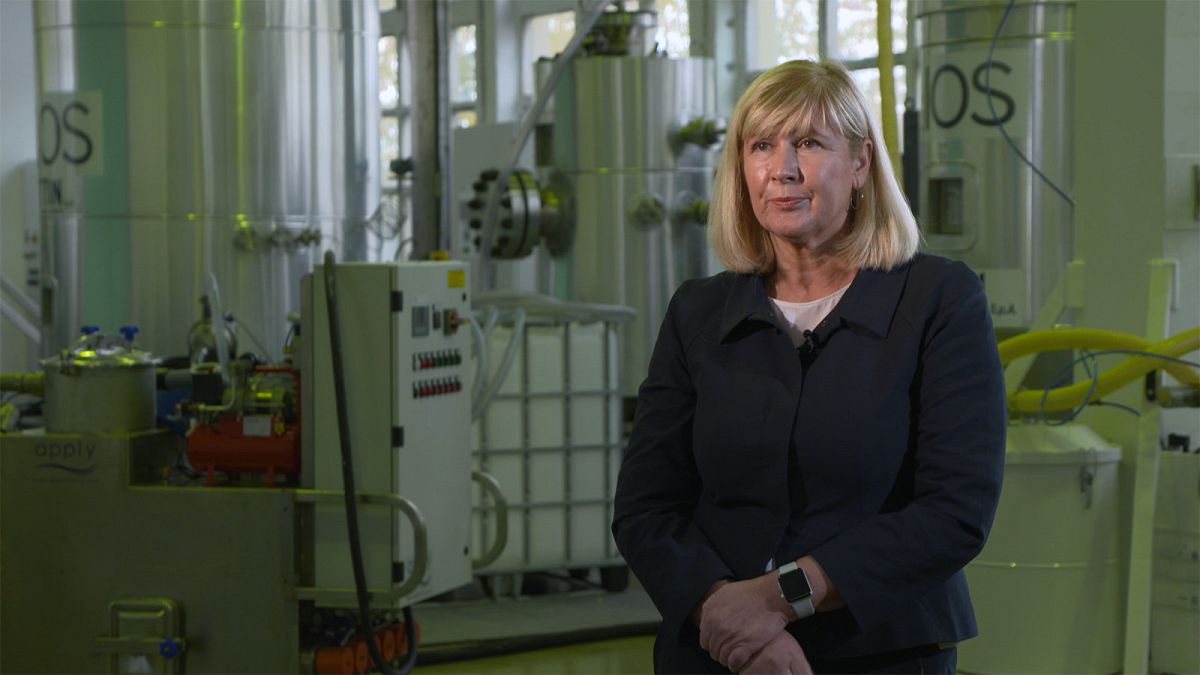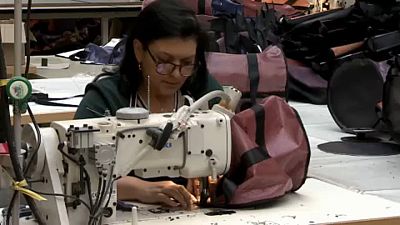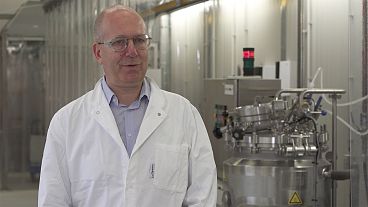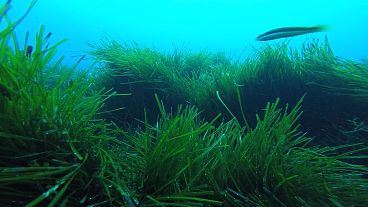The technology looks promising, scientists say. But how far is it from becoming commercially viable?
European researchers have developed a pilot plant to turn textile waste into materials such as glucose, glycol or acids that can be re-used in the industrial production of bioethanols, plastics or resins.
The technology looks promising, scientists say. But how far is it from actual market applications?
Alexandra Lobnik, Professor of Environmental Engineering at the University of Maribor, explains: "We have to optimise all the processes, also to get the economics and appropiate business models which can attract investors to see and build up not only the demo pilot plant but also the industrial pilot plants which can be used for the treatment of textile waste.
"For some of this textile waste such as polyester for instance, we are quite very near the economics and market approach, because the terephthalic acid that we got from polyester depolymerisation is a very valuable chemical. It can be used to produce new plastics or new textiles. By optimising this approach of depolymerisation of polyester textile or plastic, I´m quite sure that very soon we can be at the market place."




